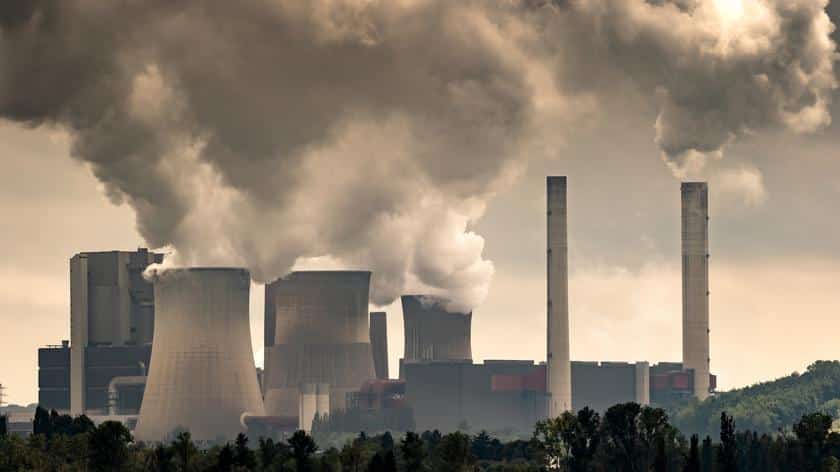Poland will need an extension of EU rules that allow coal plant subsidies until 2028 as it will require coal power generation until it builds its first nuclear plant next decade, the top energy security official in the new government told Reuters.
“I have no doubt that coal units will be needed in the system until they are naturally replaced by nuclear power plants,” Maciej Bando, deputy climate minister in charge of strategic energy infrastructure, said in an interview.
Poland’s new government is aiming to speed up the transition to lower carbon energy, but coal units currently supply 60% of electricity output, backing up intermittent renewable supplies. Warsaw plans to build its first large-scale nuclear plant by 2033.
“An ideal model would see nuclear units replacing coal plants but this a perspective of over 10 years,” Bando said.
He said Poland should take advantage of the fact that other large European Union countries are also discussing support for their power generation assets with the bloc. Germany is seeking EU approval for its plan to subsidise gas plants.”This is the moment when, by uniting, all interested parties can obtain some extension of this deadline,” he said.
The European Commission did not immediately respond to a request for comment.
Bando also said Poland did not need to expand a planned floating liquefied natural gas terminal in Gdansk before 2030 amid lower demand for the fuel.
The previous government was looking to add a second floating storage and regasification unit (FSRU) capable of receiving 4.5 billion cubic meters of gas per year to a facility to be built by state-owned pipeline operator Gaz-System by early 2028.
“Based on the analysis prepared by Gaz-System, examining today’s and future gas demand, we do not see the need to build or install a second unit,” Bando said.
“So in the coming years, until the end of 2030, it doesn’t seem there is a need for the second unit.”
In November, Gaz-System said the tender to expand the terminal didn’t attract enough interest from buyers, but in December Warsaw said it was still in talks with Czech, Slovak and Hungarian partners on the expansion.



